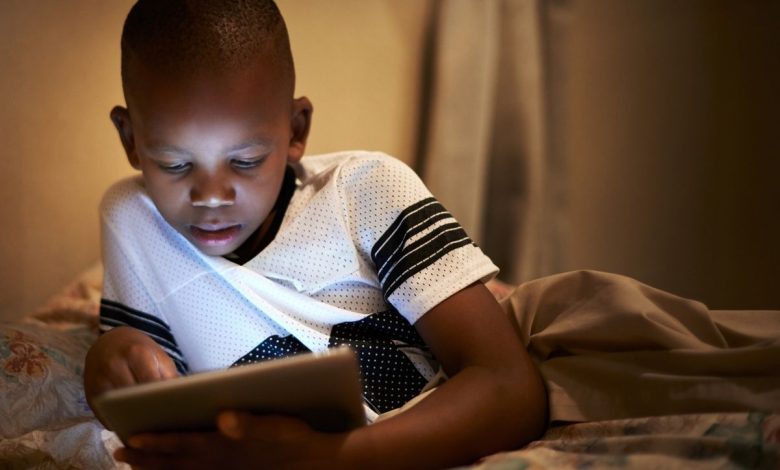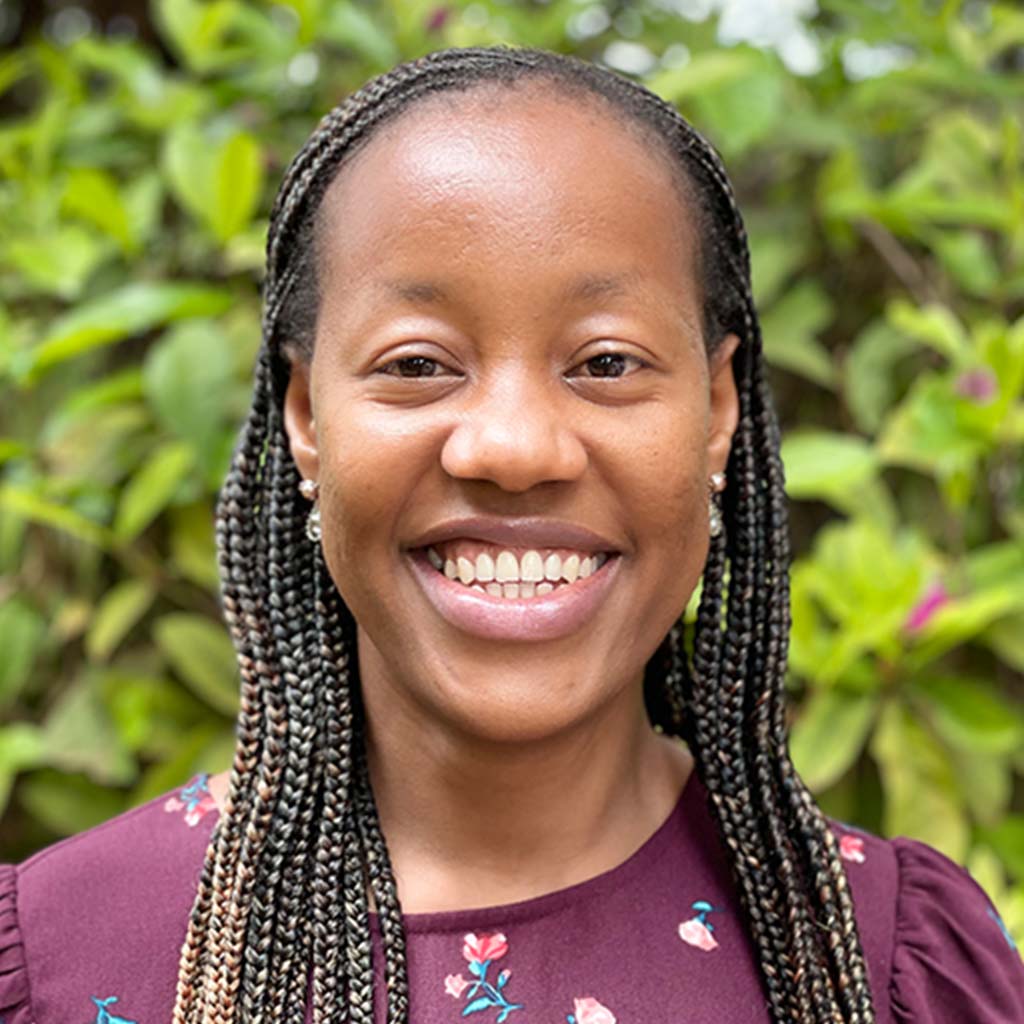How social media can be used to prevent violence against children
A 2023 report by Economic Impact, more than 400 children worldwide have been sexually exploited online and have kept it a secret unsure of how adults will react.

Racheal Nuwagaba, a devoted mother, welcomed her bundle of joy three years ago. Overwhelmed by love and a desire to cherish every moment, she created a Facebook page dedicated to her daughter, aiming to document precious memories through photographs.
Excitedly sharing snippets of her daughter’s milestones, from the first smile to the tiny toddling steps, her intentions were to celebrate her child’s growth and joyfully document their journey as a family.
“When I created the page, it was meant to celebrate my daughter’s growth and share joyous moments. I never expected it to turn into a platform for negativity,” Nuwagaba expresses, reflecting on her initial intentions.
However, amidst the sharing and joy, the serenity was disrupted by negative comments. The cheerful moments captured in photographs were met with hurtful comments from anonymous online voices. Strangers’ cruel words tarnished the pure intentions behind the page, leaving Nuwagaba deeply hurt.
“It was heartbreaking to see such negativity directed at my child. I realized I had to prioritize her emotional well-being over keeping the page alive,” Nuwagaba shares, illustrating the emotional toll the negative comments took on her.
Unable to shield her child from the harshness of online negativity, she made the decision to close the page, choosing to shield her daughter from any form of online harassment.
The decision to close the page was not easy. Nuwagaba explains, “It was a tough choice, but I couldn’t bear the thought of my daughter being exposed to such harsh criticism. Her innocence mattered more than publicizing our memories.”
Nuwagaba’s experience resonates with many parents navigating the complexities of social media. Her decision emphasizes the importance of safeguarding children from the darker side of online interactions, especially when it compromises their emotional safety.
According to the Uganda Communications Commission (UCC) 2022 first-quarter market performance report, there are 23.5 million internet connections in the country.
Additionally, a 2021 survey conducted by the United Nations International Children’s Emergency Fund (UNICEF), ECPAT, and Interpol revealed that 40 percent of children aged 12-17 in Uganda have access to the internet. Of these, more than half go online every day, and 33 percent have access to the internet at least once a week.
A 2023 report by Economic Impact, more than 400 children worldwide have been sexually exploited online and have kept it a secret unsure of how adults will react.
Speaking at the 2023 Day of the African Child celebrations in June, The Executive Director of the National Children Authority (NCA), Mr Martin Kiiza highlighted that although the government has established measures to combat this issue; official statistics indicate that merely “5 per cent of children have access to these harmful elements within their homes and schools.”
Kiiza further disclosed a concerning finding from the NCA, emphasizing that “parents have neglected monitoring and regulating their children’s access to electronic devices.” This oversight creates vulnerabilities that expose children to precarious situations.
He also, urged collective responsibility in ensuring responsible usage of these gadgets, asserting, “Everyone must contribute to ensuring these devices are utilized for the betterment of our children.”
In an interview with Charmar News, Ms Tabitha Suubi, the Communications Officer at Raising Voices notes that as the world becomes increasingly digitized, social media plays a vital role in raising awareness about violence against children because it can rapidly disseminate information, reaching a wide and diverse audience.

“As parents/guardians engage on social media, it is important that they care about the information the children access and that that they share on their platforms. Children learn a lot through what they see. As parents, we need to live exemplary lives at home and on social media. This can be done through regulating the time you are spending on social media, maintaining respectful communication on social media, and sharing appropriate content,” she says.
According to Suubi, it is a trend lately for parents sharing their children’s lives on social media. This involves sharing their photos, videos, and others sharing their credentials.
“Whereas some parents do it with pride to share with friends and family, it is important to remember that social media can be accessed by people unknown to us and some can use this information to harm children. Some write humiliating comments to children and when children learn about this, it may cause them emotional damage and leave long-lasting scars that parents may never know about. Others may track them down and kidnap or sexually abuse them,” says Suubi.
She adds that since children are increasingly joining the social media platforms, these platforms need to provide accessible resources and guides on reporting violence against children online, and steps to take when a child engages with harmful content or interactions.
With the recent integration of computer studies into the curriculum, Suubi also wants schools to develop a robust monitoring system that tracks online activities within the school network and blocks access to inappropriate content.
“It is important that schools share hare tips on how children should conduct themselves in online spaces just as they are guided in physical classes. They should also make computer lessons more comprehensive to include content that teaches students about online safety, responsible internet use, cyber bullying, and violence against children prevention in general,” she advises.







